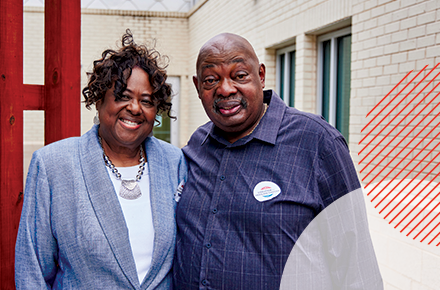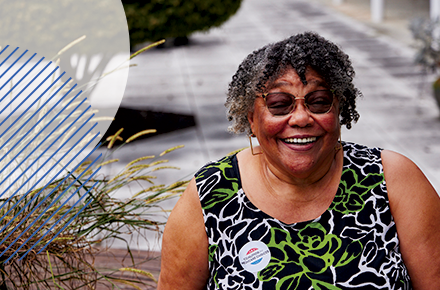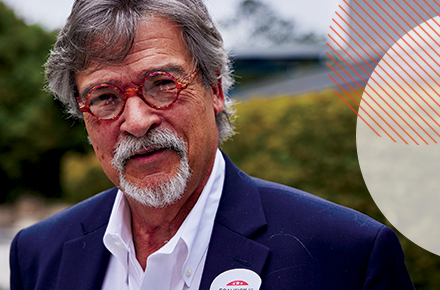
Congressional Meetings
July 19, 2021
13 members of the Coalition for Medicare Choices (CMC) recently met with Senator Tim Scott to share their positive experiences with Medicare Advantage, and thank the Senator being a strong Medicare Advantage champion.
Another coalition member Maria shared that she and her husband are very happy with the quality of care they receive through Medicare Advantage, citing the nurse hotline benefit, which is available 24 hours a day. She also said that they appreciated the home health visits which ensure that they are physically healthy, and that their living situation is suited to serve their health care needs.
Coalition member Tom shared that he has seen his costs go down since switching to Medicare Advantage. He also mentioned that his coverage includes dental and vision care and delivers an additional stipend to help cover his prescription drugs. Tom also shared that he and his wife both contracted COVID-19 last year, but Medicare Advantage covered everything they needed to recover.
Coalition members Deb and Joe also spoke about the low costs they’ve enjoyed with their Medicare Advantage plan. This is especially important as many Americans 65+ live on a fixed income.
Senator Scott spoke about the Ensuring Parity in MA for Audio-Only Telehealth Act legislation that he introduced, saying, “This would hugely expand access for telehealth services across a wide range. On the Medicare Advantage front because this would incorporate more benefits for the Medicare package, it would then give Medicare Advantage plans more flexibility. It would no longer have to treat some of these benefits as extra benefits and it would free up dollars for other additional services.” He also told the group. “I’m going to continue to be a champion for MA on the Hill across the board.”
The CMC is grateful to Senator Scott for meeting with our Coalition members and listening to their stories. We’re also grateful to Senator Scott for being a strong champion of Medicare Advantage, and supporting audio-only telehealth, which will help reduce disparities in health and ensure that Americans 65+ without broadband internet can continue to access the care they need.

Congressional Meetings

Congressional Meetings

Congressional Meetings